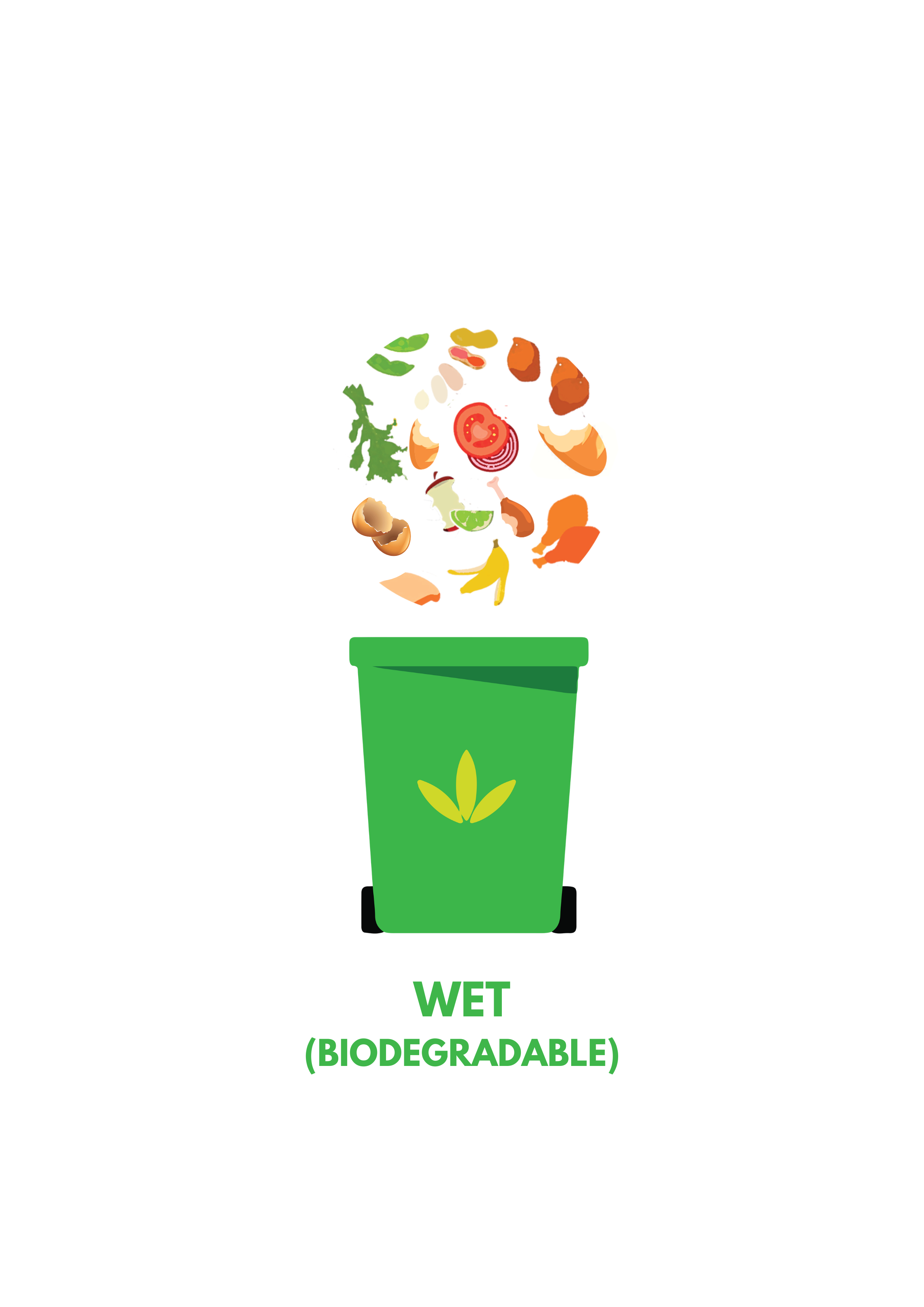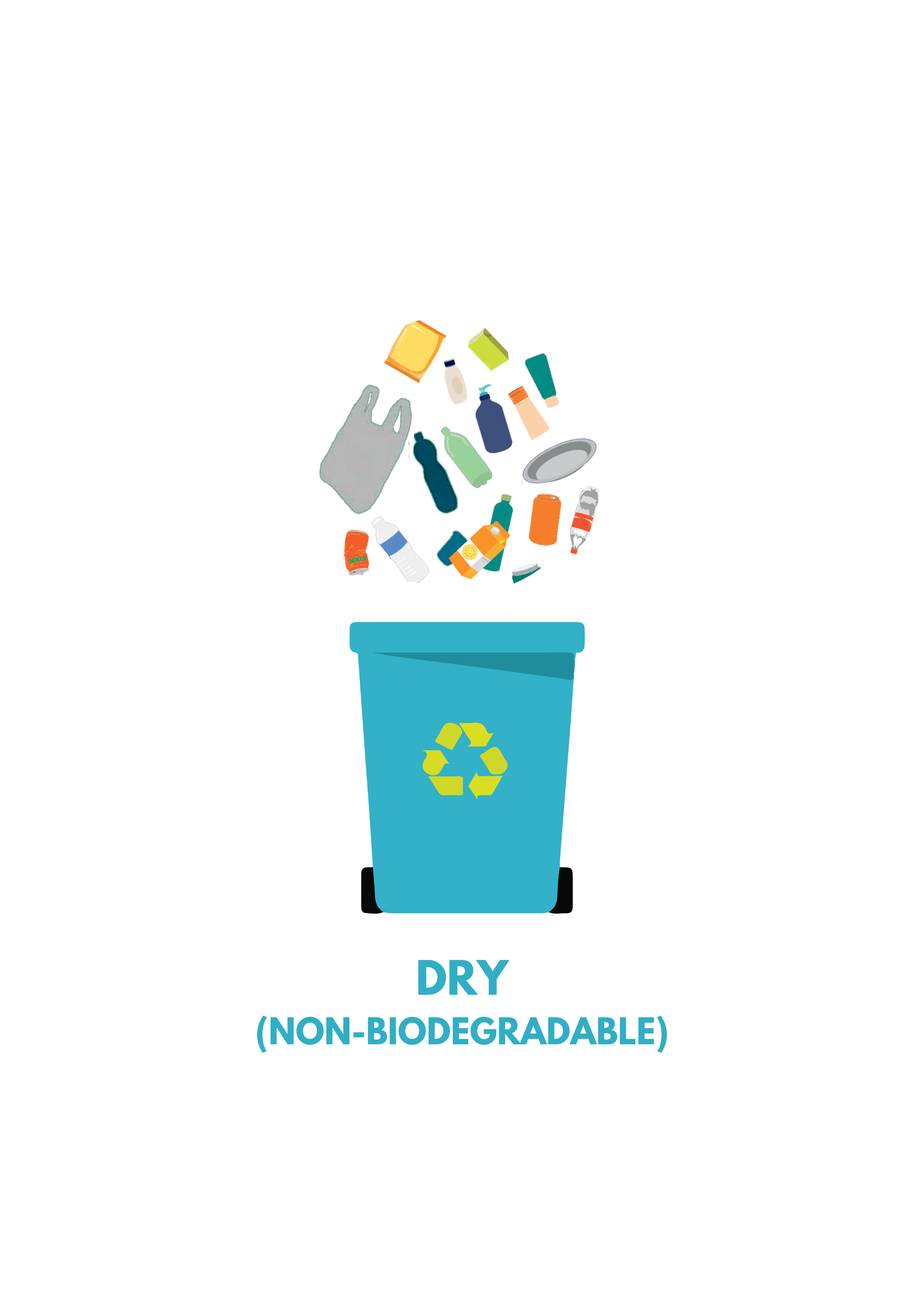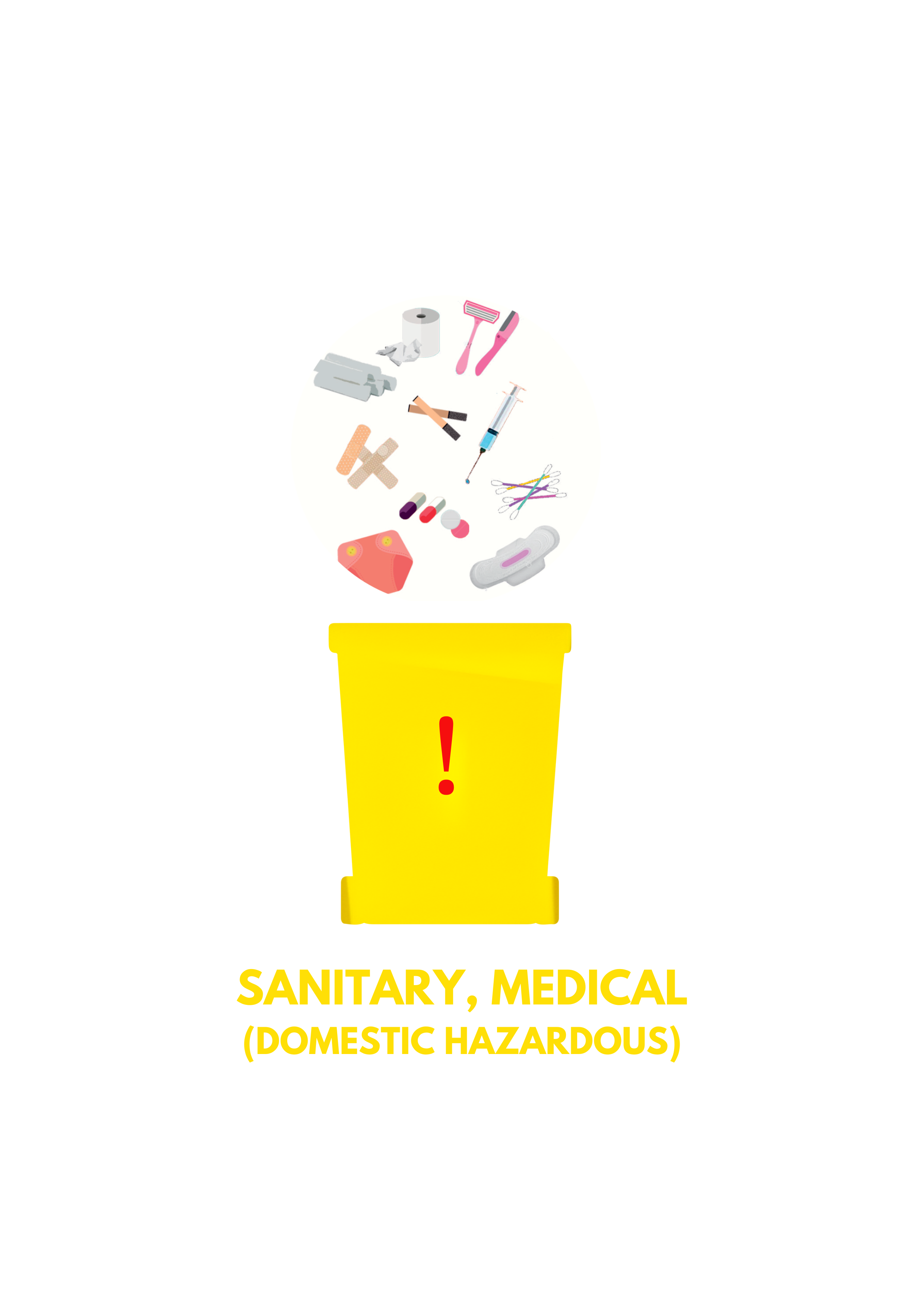Feedback
Latest News & Notifications
Bulk Waste Generator (BWG) Waste Management
MIS System End to End Portal
The Union Ministry of Housing and Urban Affairs (MoHUA) estimated that nearly 30-40 per cent of waste in a city is generated by bulk waste generators (BWG). Municipal Corporation Of Gurgaon defines BWG as entities with an average waste generation rate exceeding 100 kgs per day, including all streams of waste.
This MIS portal is developed by Municipal Corporation of Gurgaon to enable effective communication and tracking of Bulk Waste Generators in the city. This MIS portal can be used to Register yourself as BWG, Request Exemption from BWG category, edit your profile, upload waste processing data and generate reports, more functionalities will be added in the near future.
Bulk Waste Generator Chart Data
| Residential | Institute | Commercial | Hospitality | Restaurant etc. | Event Places | Govt Public Sector or Private Bodies |
|---|---|---|---|---|---|---|
|
|
|
|
|
|
|


